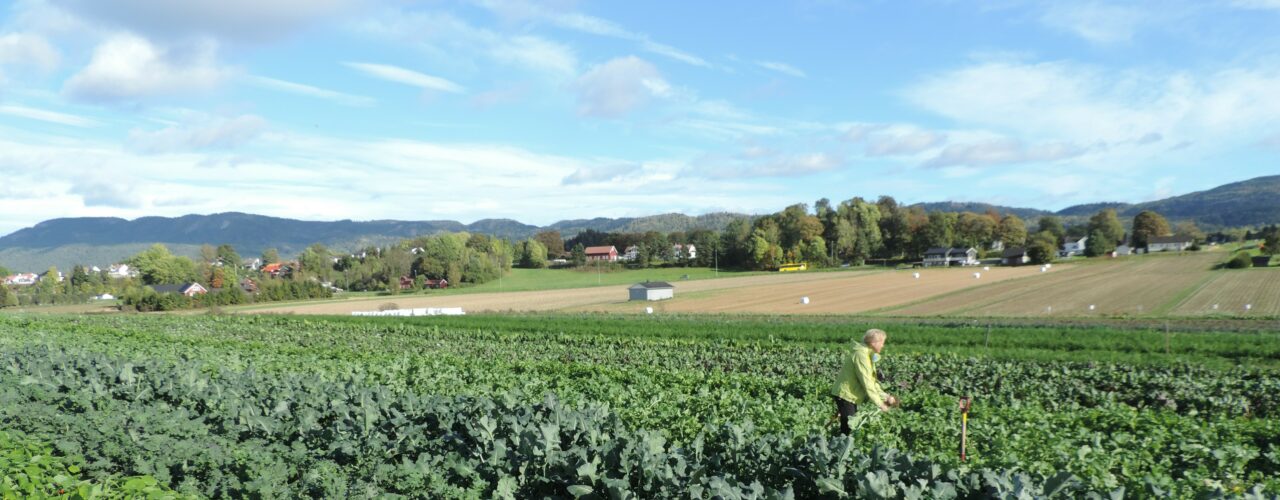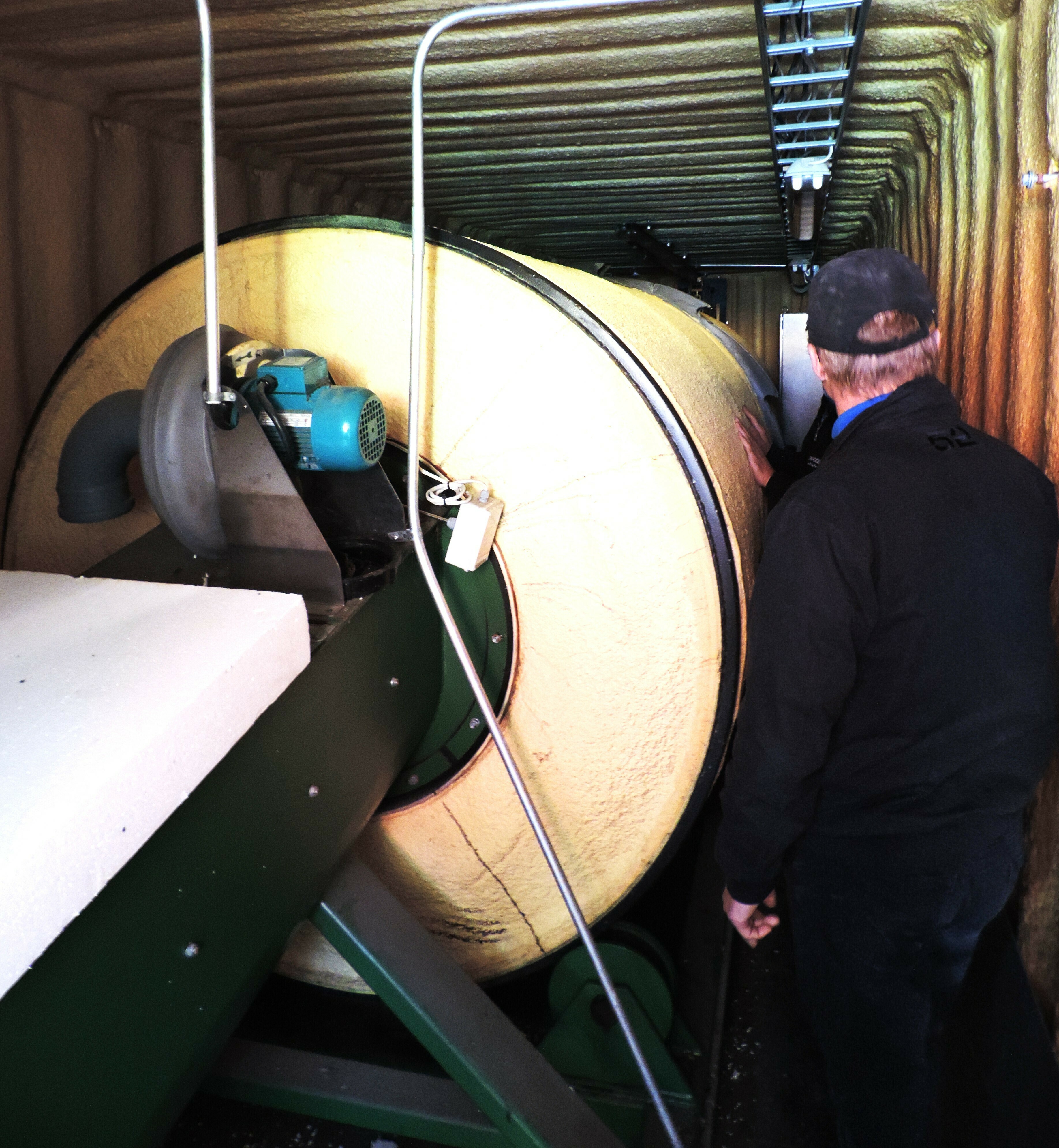
The role of diversified small-scale horticulture in a transition towards more sustainable food systems with healthier diets
The projectwill investigate the role of diversified small-scale horticulture in a transition towards more sustainable food systems with healthier diets.
Advantages of small-scale horticulture
The aim of the project, called SmallHort in short, is to explore how food systems based on diversified small-scale horticulture can be developed to become more economically, socially and environmentally sustainable while also increasing in scale, which will provide benefits for nature, the environment and public health.
The project involves diversified small-scale horticulture either run by farmers (e.g. market gardens) or as an organized collaboration between consumers (e.g. allotment gardens). The project focuses on both rural and urban areas and has an interdisciplinary approach that involves both social and natural sciences.
The four work packages are all centered around small-scale horticulture and focus on the following themes:

- Sustainability in cultivation and distribution
- Increased consumption of vegetables and fruit
- Social networks
- Safe composting methods for organic waste
NORSØK collaborates with the Norwegian Veterinary Institute and The Royal Norwegian Society for Development (Norges Vel) to conduct composting trials with sub/optimal conditions, with chemical and microbiological analyses.
Collaboration and knowledge exchange
Data in the form of in-depth interviews and observations will be collected from case studies recruited in five different regions in Norway. Surveys will also be conducted with farmers and consumers of small-scale horticultural products. The project will benefit from collaboration and knowledge exchange with researchers from INRAE, France, who have experience in market gardening research.
Actors from public authorities and voluntary organizations will contribute as discussion partners, co-organisers, in data collection, and with dissemination of research results.
What are we aiming for?
The project will provide recommendations and advice on cultivation practices and organizational models for diversified small-scale horticulture with environmental, social, economic and health benefits. Such benefits will be reached by changing eating habits, closer social relationships, and more active local societies. Increased small-scale horticulture across the whole country, along with improved knowledge on growing methods, will also improve the national food security.
